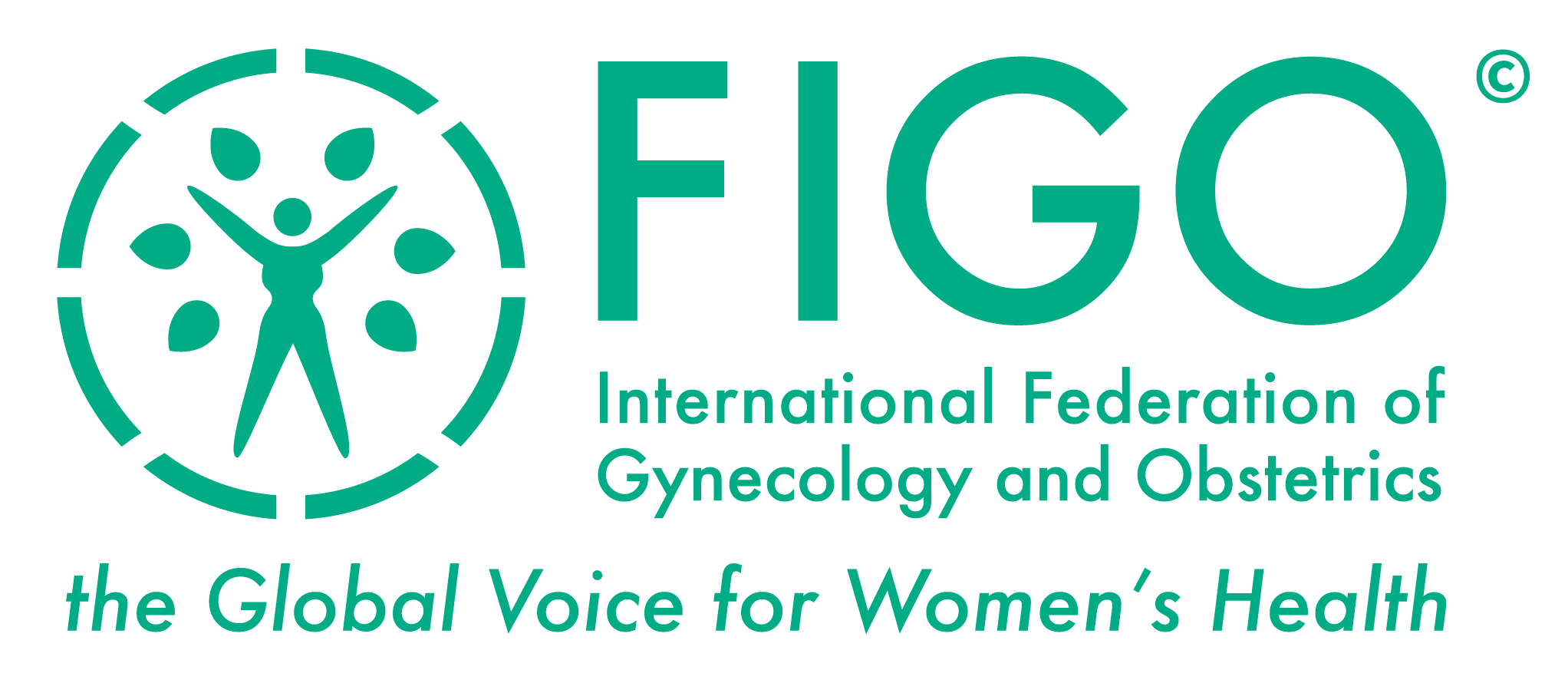
2. Educate about sex and birth control: Education that enables people to increase the chances of pregnancy when so desired and to prevent pregnancy when so desired should be included in health and education programmes.
Educational opportunities should promote sexual health and, in doing so, provide basic information about maintaining a healthy sexual lifestyle. Particularly pertinent to fertility is the timing of intercourse both to enhance and reduce the probability of pregnancy, and the use of birth control when not attempting pregnancy. (ASRM, 2014)
The WHO defines sexual health as a personal sense of sexual well-being as well as the absence of disease, infections or illness associated with sexual behavior. (http://apps.who.int/iris/bitstream/10665/66756/5/WHO_MSD_MDP_00.14_Module4_eng.pdf?ua=1) Within the context of cultural norms, it is important to educate young people regarding the benefits of delaying sexual activity, the value of single partner relationships which carry less risk for disease transmission and the value of avoiding unwanted pregnancy.
Healthcare facilities, schools where appropriate, and other societal organizations should educate about the methods of birth control, including condoms, long-acting reversible contraception, oral contraceptives and other methods.
Additionally, unsafe sex practices such as introducing herbs or other substances into the vagina to enhance male sexual pleasure with “dry sex” and other practices that result in mutilation, pain and/or reduced fertility and other problems should be discouraged and their dangers explained.
Couples attempting pregnancy should have intercourse about 2-3 times per week starting within a few days of the end of menses. Lubricants such as KY jelly or Vaseline should not be used because they can interfere with sperm function. Canola vegetable oil or mineral oil is a good alternative, if necessary. (ASRM, 2014)
